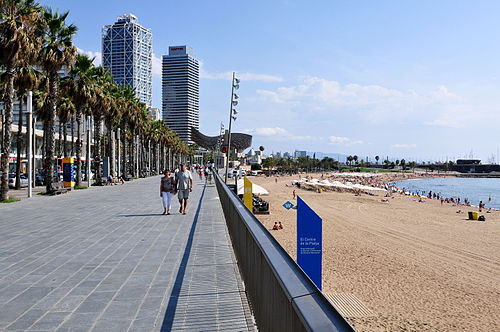Barcelona, a city renowned for its vibrant culture and rich history, has also become a global beacon for the innovative Cannabis Social Club (CSC) model. As evidenced by numerous social club Barcelona reviews, these establishments have been operating in a legal gray area, providing a space for responsible and community-driven cannabis use, which has attracted both locals and tourists alike. These reviews often shed light on the unique atmosphere and regulated environment of the CSCs, adding to their appeal. However, recent developments suggest that the future of these clubs in Barcelona is uncertain, with the shifting legal landscape casting a shadow over their continued operation.
The Rise and Influence of Cannabis Social Clubs
Cannabis Social Clubs in Barcelona have long enjoyed a certain level of tolerance, operating within a legal ‘gray area’ that has allowed them to flourish. With an estimated 450 clubs in the region, these establishments have become a significant part of Barcelona’s appeal, drawing visitors from around the world every spring. The CSCs are not merely consumption spaces; they represent a movement towards informed, safe, and community-oriented cannabis use, challenging traditional stigmas and promoting education.
The CSC model has had a profound impact beyond Spain’s borders, inspiring global change in cannabis regulation. The International Center for Ethnobotanical Education, Research & Service (ICEERS) and visits from international delegations, such as the Swiss, highlight the global significance of Barcelona’s approach to cannabis policy.

Benefits of Membership in Cannabis Associations
Members of Barcelona’s cannabis associations enjoy numerous benefits, including access to quality cannabis with known origins, legal protection, and a private space for consumption. These clubs also offer medical advice for therapeutic users and serve as an alternative to the black market, contributing to public health and safety while generating jobs and tax revenues.
The Current Regulatory and Legal Landscape
Despite the success and benefits of CSCs, Barcelona’s authorities are considering stricter regulations that could threaten their existence. The Mayor and City Council have intensified efforts to close down clubs, with the Guàrdia Urbana conducting targeted inspections. The Deputy Mayor for Prevention and Security has expressed a strong stance against these associations, aiming to ‘eliminate’ them.
The Spanish Supreme Court has previously overturned legislation aimed at closing these clubs, but operators have found a loophole by shifting to a ‘private social club’ license. However, the city council’s unified stance suggests a more serious push to restrict or shut down CSCs.
The Future of Cannabis Clubs in Barcelona
The future of cannabis clubs in Barcelona is at a crossroads. While the clubs have been a part of the city’s fabric since 2013, with over 200 in the heart of the Catalan capital, recent legal challenges and a resurgence of crime have put their future in jeopardy. The city has attempted to regulate CSCs through town planning regulations, but these efforts have faced legal setbacks. The Federation of Cannabis Social Clubs in Catalonia (Catfac) is actively engaging with the municipality to address these issues.
The success of Barcelona’s CSCs has influenced other European countries looking to regulate individual cannabis consumption, with Spain’s model serving over 4 million users and attracting millions of tourists annually. However, the city’s current regulatory problem, if not addressed, could lead to the return of the black market and associated crimes.
Conclusion
Barcelona’s future for Cannabis Social Clubs is fraught with uncertainty as they face heightened regulatory scrutiny. These clubs, which have become integral to the city’s cultural and social landscape, promoting safe and regulated cannabis use, now stand at a precipice. The challenge for Barcelona’s policymakers is to establish clear regulations that preserve the unique community benefits these clubs provide while addressing public safety concerns. The decisions made will not only determine the fate of these clubs but could also influence the global discourse on cannabis policy reform.